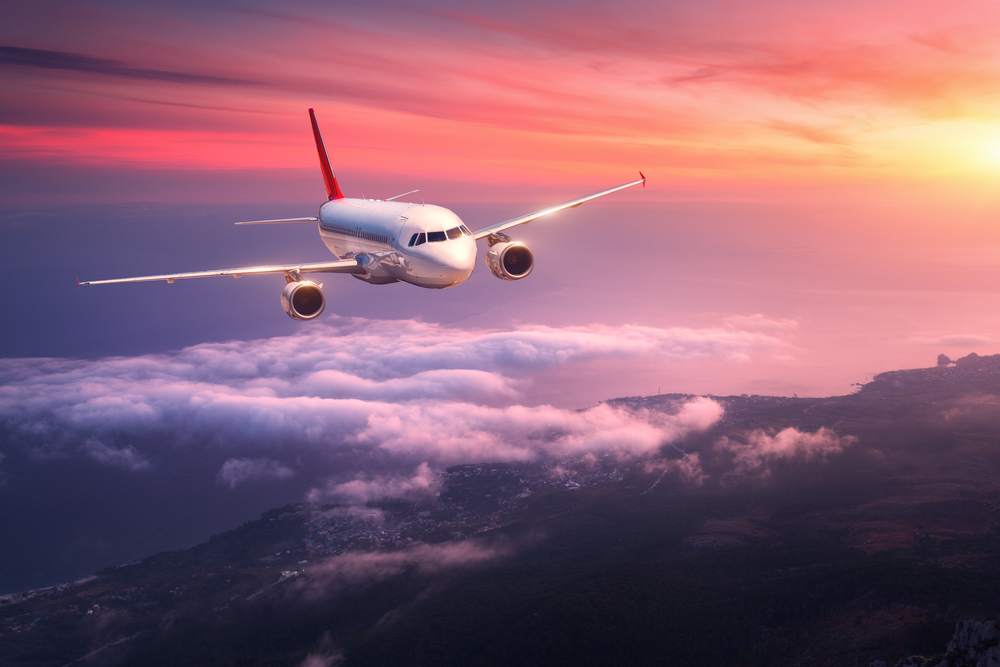Federal government aid for international aviation to continue
Contributors are not employed, compensated or governed by TDM, opinions and statements are from the contributor directly

Another $184 million will be given to international aviation by the federal government until March 2022 to help the industry weather the current economic downturn.
The money will be used to pay pilots and cabin crew who were due JobKeeper-style payments that were about to expire next month, as well as another $64 million for airports to pay for passenger and baggage screening.
There have been reports in recent months that both Qantas and Jetstar will resume international service in mid-December between Australia and low-risk locations like Singapore and the United States as well as Japan and the United Kingdom. Even though payment has been suspended, it appears that the administration is planning a phased opening of crossings with several countries.
A spokesperson for Transport Policy Deputy Prime Minister Barnaby Joyce said: “As a driver for so many industries in our economy, it’s crucial that the industry is ready to ramp up operations when international limitations are relaxed.”
In order to keep exports and imports flowing and attract Australians back from overseas, the sector must continue working now.
Sydney, Melbourne, Brisbane, and Perth airports will all get screening funding, bringing the total amount of government support for aviation during COVID to over $5 billion.
Qantas has stopped all commercial foreign flights except for government-supplied repatriations, meaning Australian citizens and permanent residents can only leave the country with an exemption.
Those returning must stay in a hotel quarantine for two weeks, although there is anticipation that the federal government may ease this restriction later this year, favouring home quarantine or confirmation of vaccination status.
Qantas has previously stated that its worldwide reopening will be “gradual,” with an emphasis on low-risk nations first, particularly those with high vaccine uptake such as the UK, US and parts of Asia.
Last week, Australian Aviation reported that 50 Qantas aircrew would take part in a home-isolation trial in NSW that will pave the way for the abolition of hotel quarantine for international arrivals.
The trial will begin this month with 175 patients who will be permitted to stay at home for seven days instead of 14 in a monitored facility. Location-based apps and facial recognition software have both been proposed as potential compliance checkpoints.
The trial’s first participants will be chosen by NSW Health and may comprise residents of the state, non-Australians, and Qantas flight attendants.
Ayres told reporters, “We’ve been working with Qantas crew and colleagues for a number of months now and will involve some of those folks in this trial to perform their quarantine at home.”
Minister Ayres applauded the action, calling it a “major milestone” that was made possible by the rising vaccination rate.
‘This is a trial, and about evaluating alternative sorts of accommodation,’ Minister Ayres explained.
It’s important to us to get the spread just perfect. Individuals or people who have travelled abroad are not given special consideration in this case. As long as the study is properly conducted and a solid scientific foundation is established, the hotel quarantine system for most visitors to Australia can be abolished. We’re not going to be able to keep the doors closed indefinitely. We must be able to discover what occurs when people are quarantined at home. The country of Australia must be reopened. Lockdowns must be abolished, home quarantine must be lifted, and we must re-engage with the rest of the world. When it comes to being a global metropolis, Sydney needs to interact with the world. As a result, this is a significant step forwards.”
Only those who have received two doses of Australian-approved vaccines will be eligible for the trial, which will expand on data from a previous South African study
Source: Australian Aviation


Comments are closed.